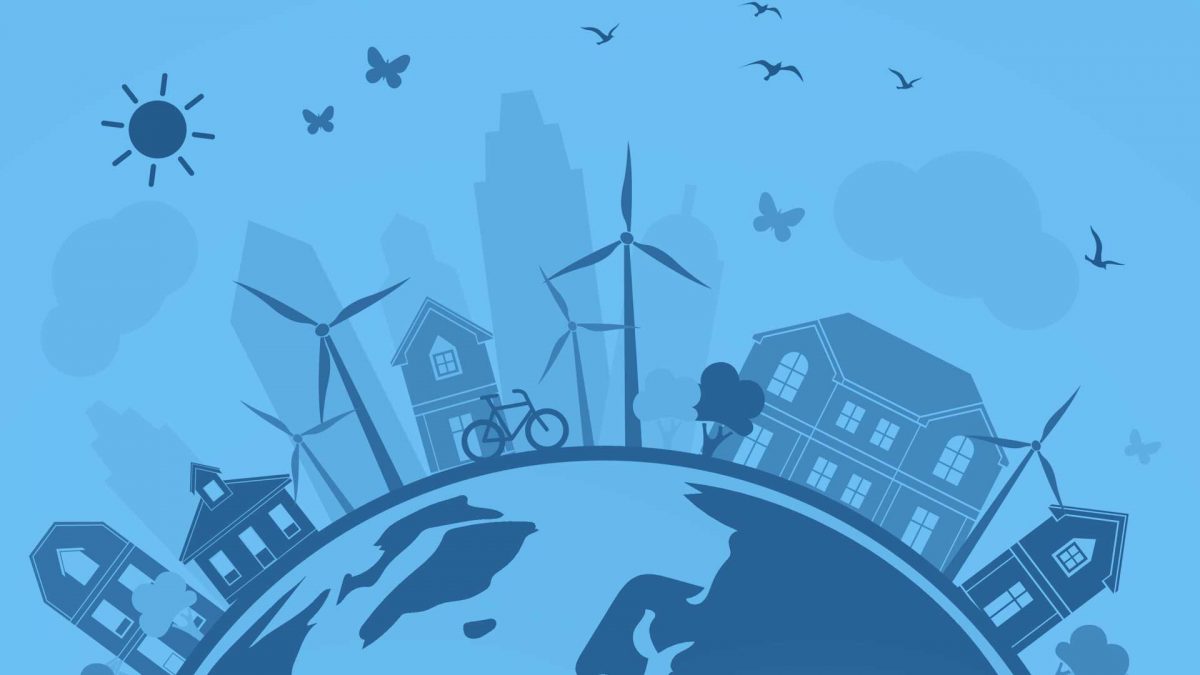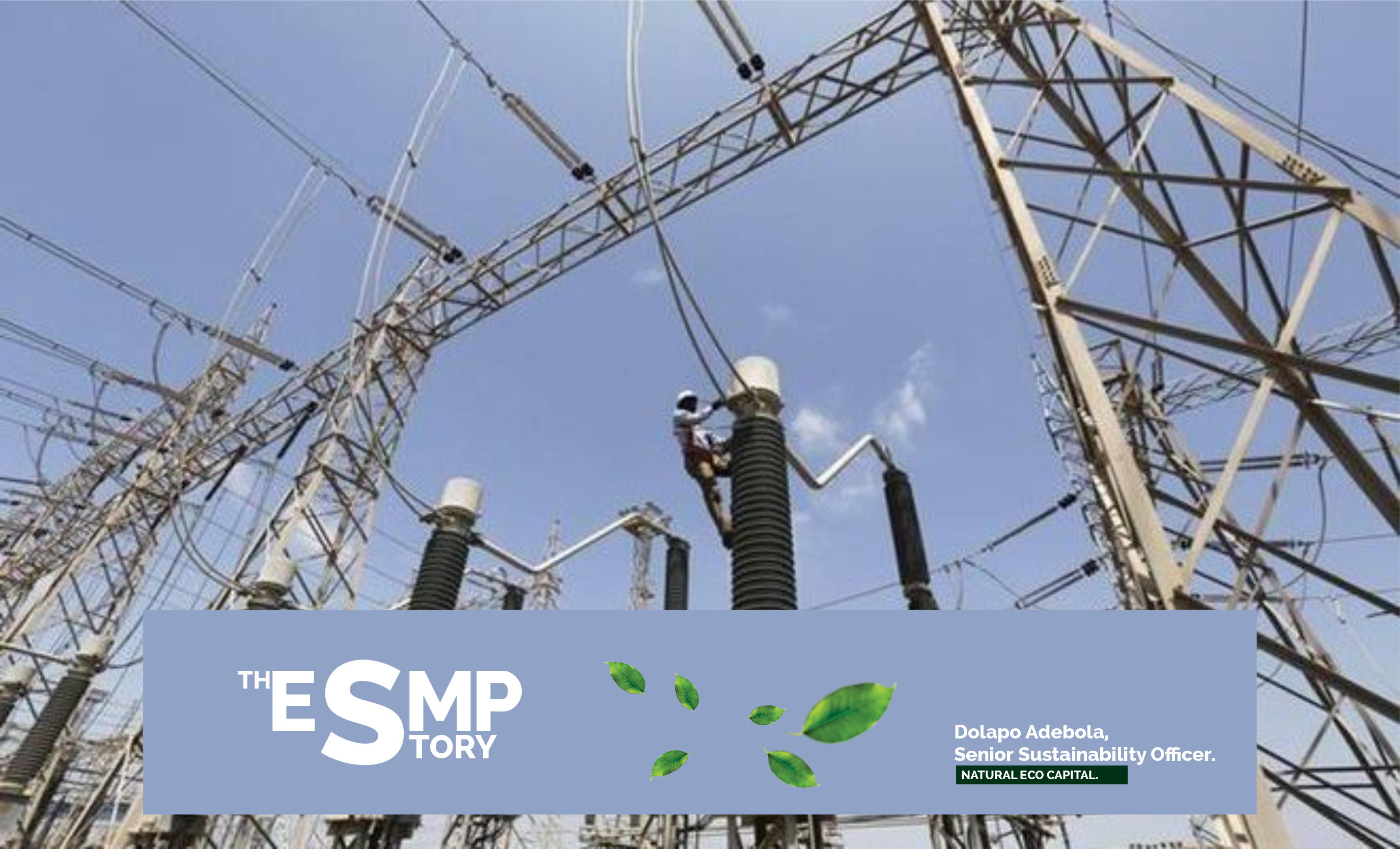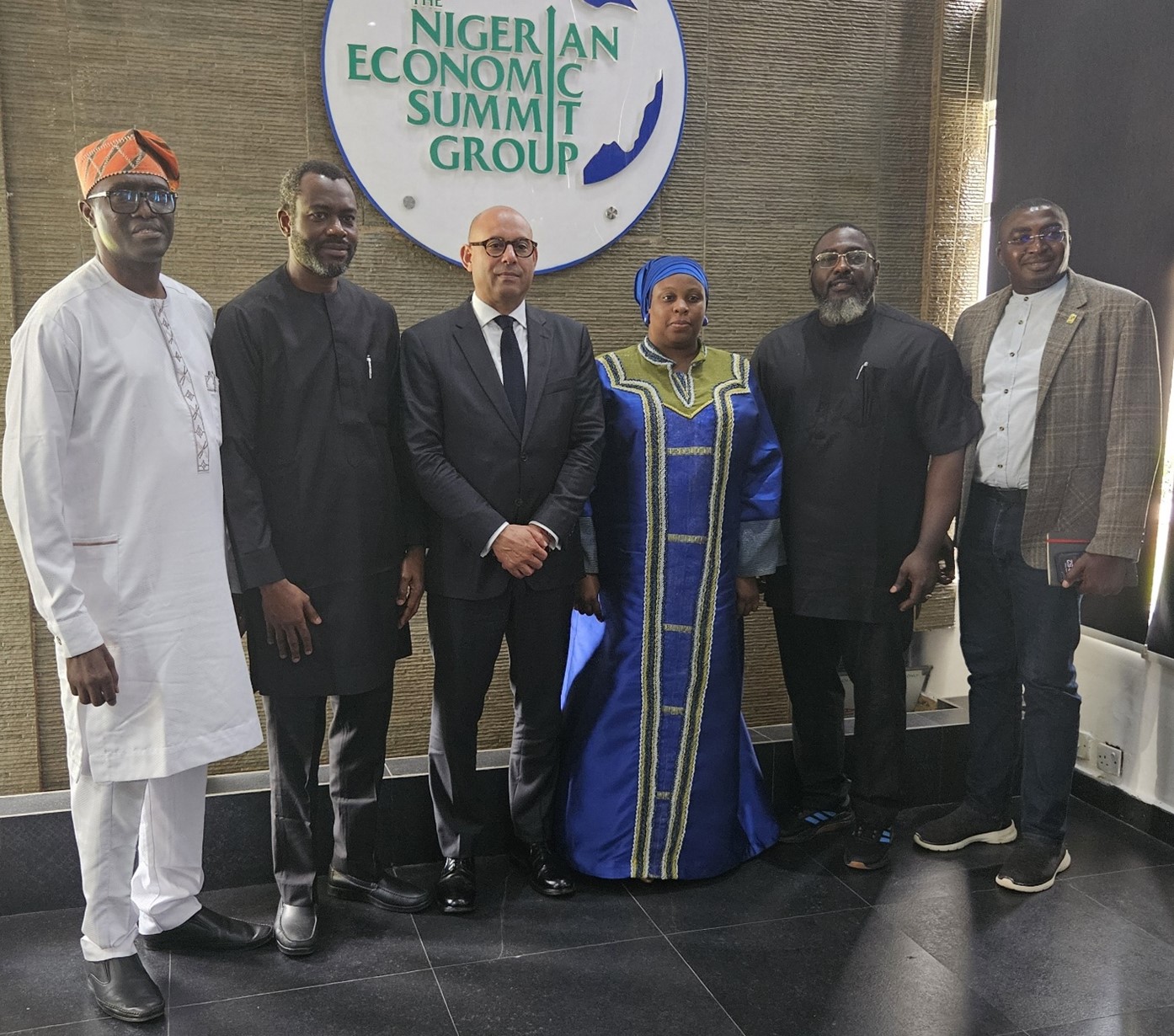
Over the years, we have extracted the natural resources from the earth, made them into products, used them, and threw them away as waste after use. This linear model of the economy has been highly successful in delivering economic development over the years, especially in the developed world. In spite of the success, modern day realities have shown that this traditional, linear model has in itself become the pitfall of man‟s economic growth that is not sustainable. In fact this economic model of manufacture goods from raw materials, sell, use, and discard as waste has brought mankind almost close to his knees and even closer to the brink of planetary boundaries and physical limits with the entire attendant cries of today for sustainable development!
A more sustainable economic system emulates the natural processes of the biosphere which is circular . Biological materials move within ecosystems following continuous circular flows of matter and energy in which the idea of waste is not contemplated. For instance, dead leaves of a tree are decomposed and transformed into minerals that feed the tree for producing new leaves. This process is circular. Circular economy is aimed to replace traditional linear supply chains with networks in which materials are recycled (Borrello, M; Caracciolo, F.; Lombardi, A.; Pascucci, S. & Cembalo, L; 2017).
Nigeria as a nation faces the twin challenge of rapid population growth and worsening resource constraints. This implies that the linear take-make-waste model is not the viable option to follow as Nigeria rewire her progress towards socio-economic cum environmental development.
Given the fragility of the linear economy and as we move ever closer to the brink of depletion of natural resources, Nigeria as a nation and companies with their heads in the clouds stand at the vantage threshold of providing the key to unlocking the value in a regenerative, recycling economy embedded in Circular Economy. This especially becomes very timely as the nation walks the path of Economic Recovery and Growth Plan (ERGP) with Federal Government with determination “to change the narrative around.”
Circular economy ensures the design of products that can be ‘made to be made again’ through creativity and innovation built in a restorative and regenerative manner. Circular economy provides a pathway for viable business opportunities to successfully tackle environmental priorities while stimulating economic growth and development.
The circular economy concept has caught the fancy of a number of companies in Nigeria not only because of the economic opportunities inherent in it to successfully tackling sustainability challenges but also because of its capacity to drive performance, competitiveness, and innovation; and stimulate economic growth and development in the long run.
Ellen MacArthur Foundation demonstrated in their report titled “Towards the circular economy” that the economic potential of this circular economy model is considerable, with possible net material savings in excess of 1 USD trillion for the global economy. By moving to products that are designed to be disassembled so their components can be recovered and fed back to productive loops and shifting to business models that favor access over
ownership, there are huge savings to be made both in material and in energy inputs. For the fast moving consumer goods sector, solutions that involve the rationalization of base materials, notably in packaging, provide pathways to move away from linear patterns in which, as it is currently the case, 80% of inputs globally end up as waste – which equates to a loss of value of about $2.7 billion each year.
A cursory assessment of the possible net materials savings in Nigeria could simply be described as massive in the light of the abundant Nigeria resources!
An estimated 3.4 million people are employed in circular economy jobs such as repair, waste recycling, and the rental and leasing sectors across the EU and the circular economy is an important source of employment in Nigeria with great growth potential.
A good example of where the circular economy can play a role is in the case of electronic waste. Nigeria produces around 500,000 tonnes of e-waste every year from many everyday objects from car batteries to washing machines and mobile phones. If not processed properly, this can cause lasting damage to human health and the environment.
At the same time, this waste through urban mining provides a significant opportunity for business, economic growth and job creation. An estimated 50,000 tonnes of mobile phones are discarded in Nigeria every year, which contain up to 5 tonnes of gold – a more than 100 times higher concentration than in gold ore. Ladies and gentlemen, in order to take the Nigerian economy out of the subdued and pressured finite resources, and indeed out of the woods” circular economy gives the direction “to travel as the model demonstrate the capacity to ensure sustainable economic prosperity. This Break out session will tap from the energy and inspiration of the speakers and discussants with regard to their experiences on the best solutions that will allow businesses to gain a competitive edge, create more value and generate new growth and jobs in Nigeria.
Inter alia, In this session leaders from the public and private sector will a discuss ways to capturing the circular economy opportunity in Nigeria. Including how some of the largest ITC multinationals in collaboration with government, international organizations and local business leaders have been addressing the challenge and opportunity of e-waste.
The Circular Economy: The Pathway for transforming Nigeria’s Economic Recovery and Growth plan By Dr. Eugene O. Itua for Nigerian Economic Summit, Transcorp Hilton, Abuja, Nigeria on 10 October, 2017, at 16.30-17.30pm

